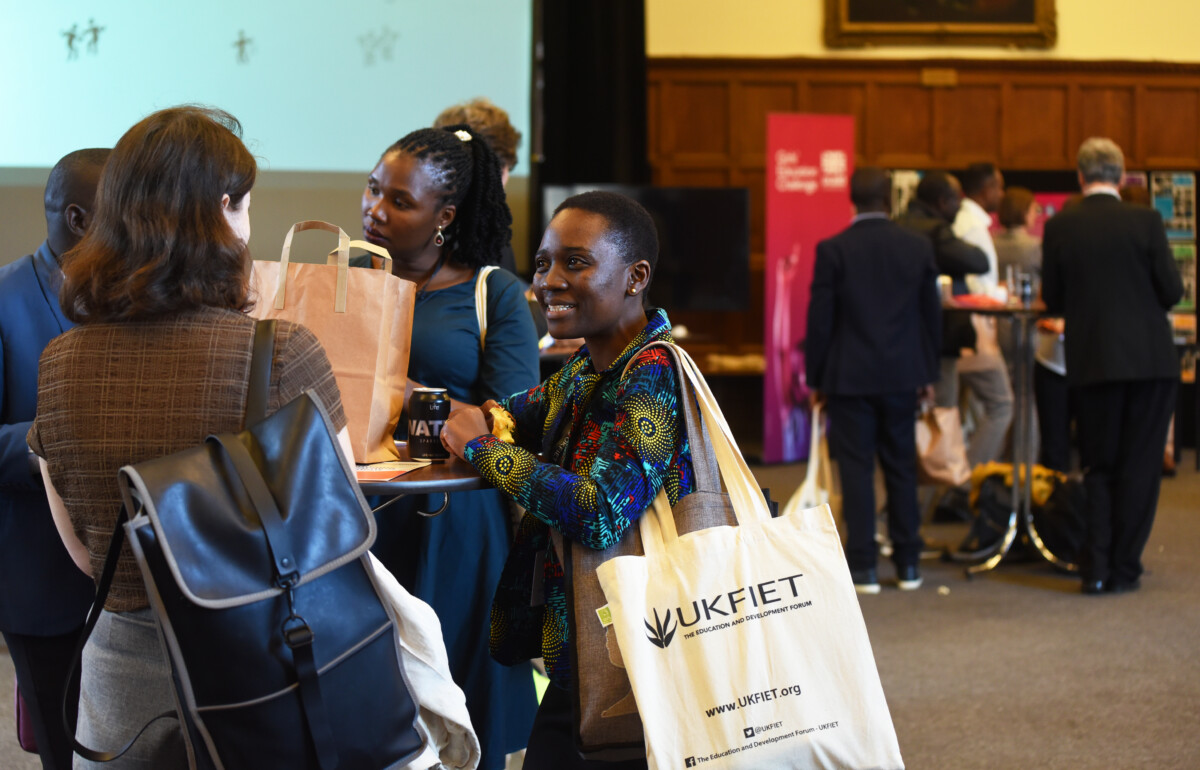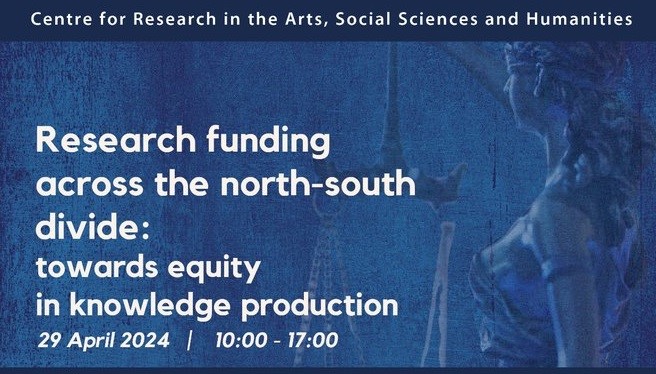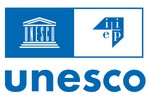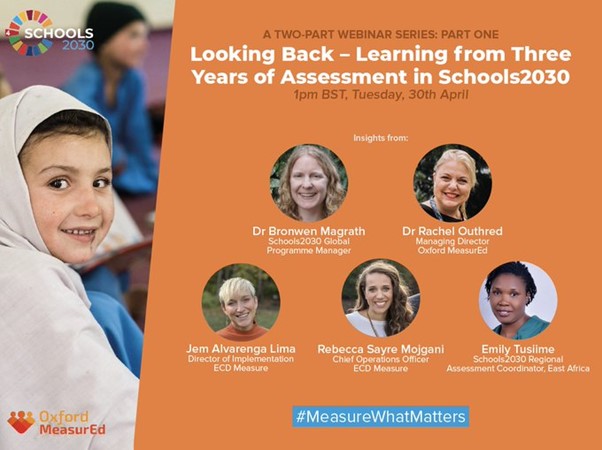
Hosted by the the Education GP and the 1818 Society Education Group
Online | Thursday February 4, 2021 | 12:30 – 2:00 PM| Washington, DC Time, 5:30pm – 7:00pm GMT
|
Chair: |
Robin Horn, Former World Bank Education Manager and Chair of the 1818 Society Education Alumni Group
|
|
Co-Chair: |
Stephen P. Heyneman, Editor-in-Chief of the International Journal of Educational Development, Emeritus Professor of International Education Policy at Vanderbilt University, and former World Bank education sector manager
|
|
Presenter: |
Keith Lewin, Emeritus Professor of International Development and Education at the University of Sussex and author of over 200 publications of journal articles, books, and technical reports
|
|
Discussant: |
Samer Al-Samarrai, Lead for the “Education Finance and Reforms” Thematic Group for the World Bank |
Description: Since the 1990 World Conference on Education for All in Jomtien, well over half a trillion dollars has been disbursed as aid to education, much of it targeted to low-income countries. Some of the recipients have transformed their education finance systems to the point where they act as bona fide fiscal states financing their recurrent and capital spending on education from domestic revenue. But many countries have not made this transition successfully and remain dependent on sporadic waves of external assistance to reduce their financing gaps. Grant aid is now unlikely to grow as the Covid-related recession supresses donor spending. Moreover, much more concessional lending to countries with sub-prime credit ratings and high debt service ratios looks imprudent. Now is the time to address low financing traps that perpetuate under-investment in education systems as countries develop strategies to rebuild after the pandemic and recover from economic shocks.
This webinar spells out the ways in which external assistance needs to change to making better use of the resources through increased efficiency and effectiveness while simultaneously addressing the need to increase domestic revenue for education to sustain equitable access to quality education for all. It shows why this is the only pathway to avoid an “infinite do-loop” of using aid to fill financial gaps rather than to address their underlying causes. The webinar draws on the arguments laid out in a 2020 paper published in the International Journal of Educational Development,[1] which show how systematic approaches to enhanced efficiency and effectiveness can accelerate progress towards sustainable financing for education, reduce future dependence on aid, enhance accountabilities between target setters and target getters, and encourage a new political economy of educational investment to enable countries to finance fully their own education sector reforms.
[1] Lewin Keith M 2020 Beyond Business as Usual: Aid and Financing Education in Africa. IJED Volume 78, October 2020, 102247





